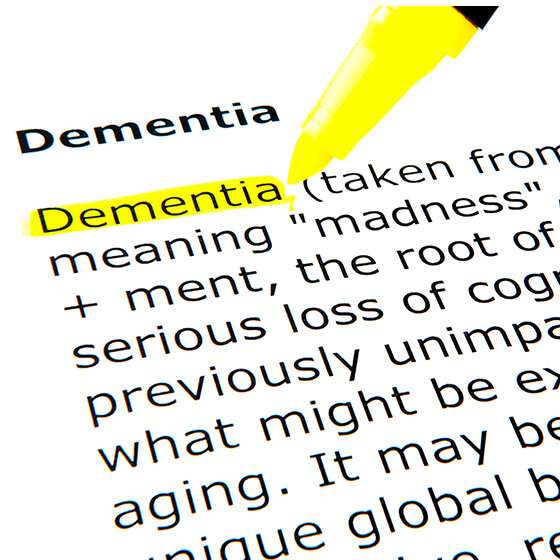Dementia is a group of symptoms that affects cogitative function which negatively impacts thinking, socializing and communicating to the extent that it interferes with daily life. Brain function that is impacted affects memory and judgment, which compounds their issues with communication. People with dementia have difficulty expressing their thoughts and feelings because of the impacted brain function. Alzheimer’s disease and diseases with dementia symptoms can worsen over time and diminish a person’s ability to connect with their loved ones.
Stages of Dementia Symptoms
Earliest Stage – Mild severity: when a person with dementia is still able to participate in daily communication, dialogue and meaningful conversations, fully engaged in social activities
Middle Stage – Moderate severity: As dementia symptoms worsen over time, the person will be more hindered by the disease and gradually have more difficulty communicating and will need support from a primary family caregiver or a private personal caregiver. A professional home care caregiver can assist in symptom management and can also help in slowing the decline using specialized strategies.
Late Stage – Highest Severity: In the final stage of decline, the person may only communicate non-verbally through body language or simple vocalizations. The person may need 24/7 care or admittance into a specialized care facility.
Symptoms of Language Decline
While each person with dementia will have a unique situation, symptoms and severity, there are common patterns in communication changes. Having a caregiver or a home care specialist can be critical to identifying early signs and addressing those concerns with a doctor. Family and loved ones should look out for recognizable signs of decline.
- Losing train of thought
- Tip of the tongue – having difficulty finding words
- Speaking less frequently
- Losing bilingualism – reverting to native language
- Illogical phrasing of sentences
- Difficulty organizing thoughts into speech
The effects of dementia can cause a decline in a person’s communication by affecting their memory, focus, visual perception and critical thinking skills. This can contribute to decreased social skills and desire to converse, and a loss of their ability to self-regulate. This means that there are specialized strategies when communicating with someone who is suffering from severe dementia. A home care professional will be a wealth of knowledge when learning about how to communicate with a declining loved one. Our next blog post will cover specific communication strategies to help you navigate these sensitive situations.

